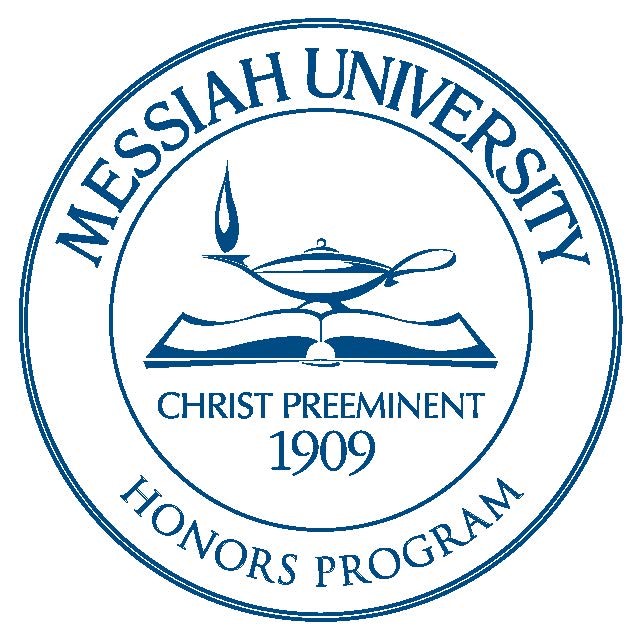Date of Award
5-6-2011
Document Type
Thesis
Department
Biblical, Religious and Philosophical Studies
First Advisor
Dr. Smith
Abstract
I can remember the church camp altar calls. Sometimes I felt a guilt that I couldn't shake loose. Other times I wanted to go up front for prayer and confession to God “just in case.” In the times when guilt haunted me most, a church elder or leader would pray over me, knowing me as an upstanding youth, not guessing the weight of conviction that rested upon me. Sometimes I went away feeling a bit better. Other times nothing notably changed; I still felt that dull chill in the pit of my stomach, telling me I knew the truth deep down and was only trying to fool myself into thinking everything was alright, that God had forgiven me. I remember the thinly carpeted basement floor in my house in Ottawa, Canada, and myself curled up on it at 1:00 or 2:00 in the morning, praying, almost wrestling with God, begging for some sort of unmistakable confirmation He had forgiven me. I needed to know. So I got off the floor and opened the scripture I was using to study for Bible quizzing. I turned to Ephesians ch. 2:1
As for you, you were dead in your transgressions and sins, in which you used to live when you followed the ways of this world and of the ruler of the kingdom of the air, the spirit who is now at work in those who are disobedient. All of us also lived among them at one time, gratifying the cravings of our sinful nature and following its desires and thoughts. Like the rest, we were by nature objects of wrath. But because of his great love for us, God, who is rich in mercy, made us alive with Christ even when we were dead in transgressions—it is by grace you have been saved For it is by grace you have been saved, through faith— and this not from yourselves, it is the gift of God— not by works, so that no one can boast. (2.1-6, 8-9)
The Apostle Paul said that everyone had sinned, disobeyed and deserved wrath. Maybe I was simply like every other Christian, and my sin was just that: sin, nothing that God's grace couldn't cover. It seemed that this was almost the answer I sought, but I still wasn't completely satisfied, because I had also memorized Hebrews chs. 6 and 10:
It is impossible for those who have once been enlightened, who have tasted the heavenly gift, who have shared in the Holy Spirit, who have tasted the goodness of the word of God and the powers of the coming age, if they fall away, to be brought back to repentance, because to their loss they are crucifying the Son of God all over again and subjecting him to public disgrace. . . . If we deliberately keep on sinning after we have received the knowledge of the truth, no sacrifice for sins is left, but only a fearful expectation of judgment and of raging fire that will consume the enemies of God. (6.4-6, 10.26-7)
The thought of committing the unforgivable sin haunted me. Isn't most sin a deliberate disobedience against God, choosing something over Him? I once hypothesized, hoping to justify myself and assuage my anxieties. But no, the sin which the writer of Hebrews addressed here was a different matter. And I feared it was mine. I hungered for assurance, something concrete, a confirmation. Yet I found myself from time to time revisiting a place of distressing uncertainty, wallowing in a fretful limbo between unforgivable sin and grace completely by faith. Gradually I decided that even if I could never know beyond the shadow of a doubt whether or not I were indeed forgiven or where I would spend eternity, I would do my best to follow and obey Christ.[2] It was like my pastor once said, “even if there were no heaven, I would still follow Christ"
Recommended Citation
Rosentrater, Nathan, "Doctor Faustus: Treating the Soul, Then and Now" (2011). Honors Projects and Presentations: Undergraduate. 106.
https://mosaic.messiah.edu/honors/106


